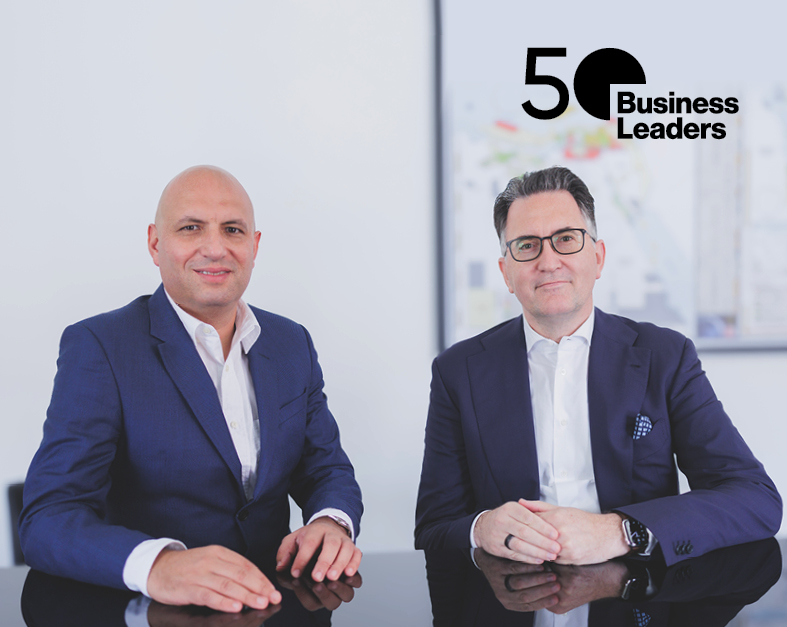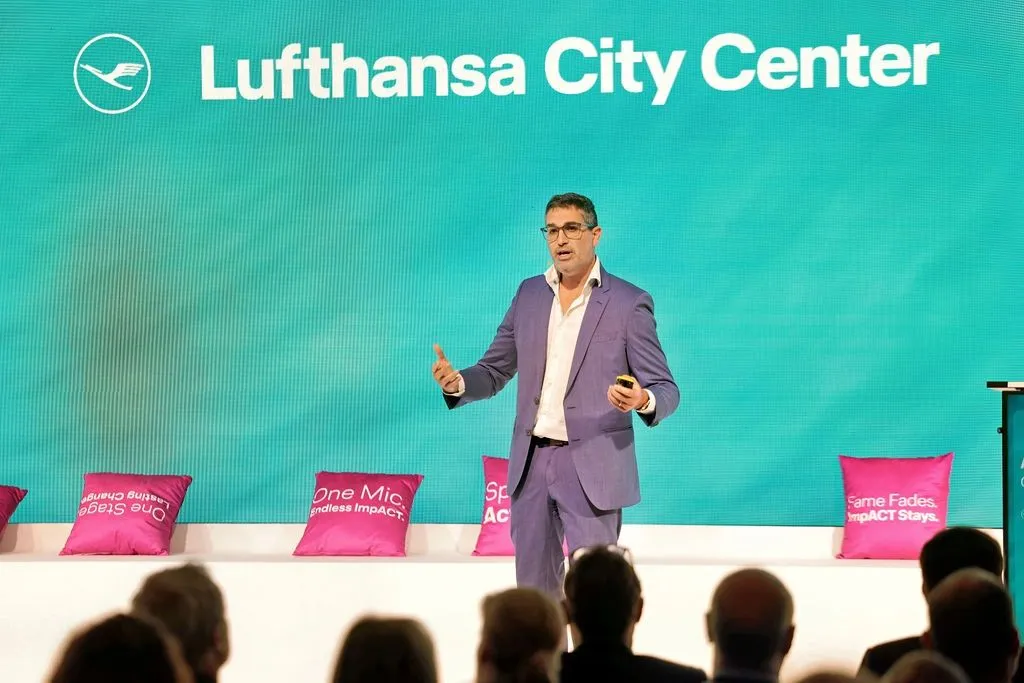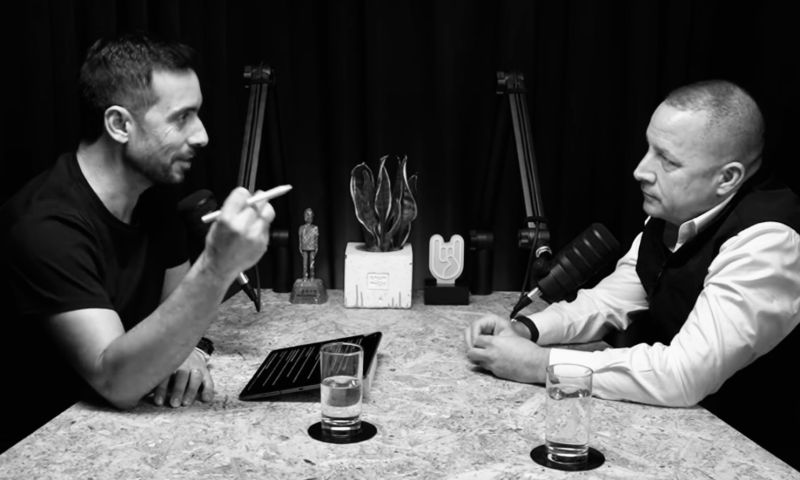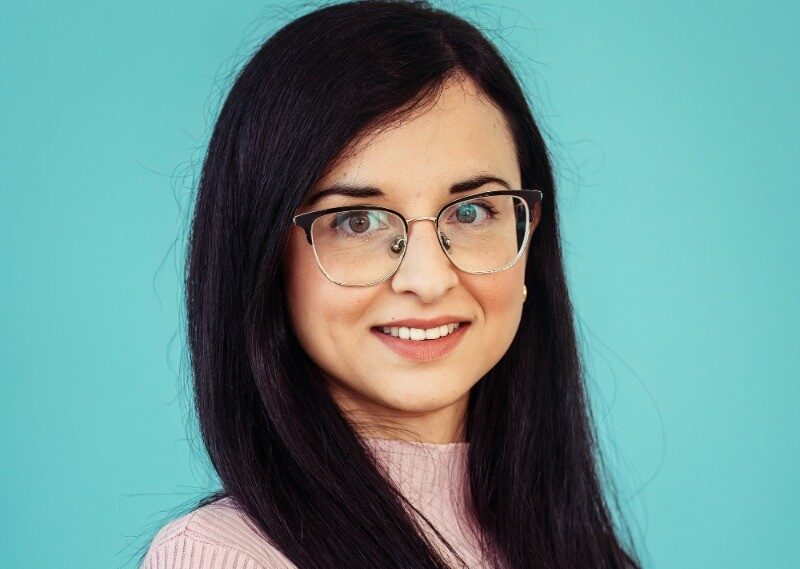Operating quietly from the Malta Freeport is one of the island’s most internationally connected success stories; a Maltese-born company that has grown into a trusted partner for some of the world’s leading energy giants. Founded in the 1970s as Medserv, the Group’s transformation has accelerated dramatically following its 2021 merger with Regis, with operations now stretching from the Mediterranean to the Middle East, Africa, and South America as a specialist in energy logistics and specialised services.
The Group’s offering includes integrated onshore logistics, supply chain management for Oil Country Tubular Goods (OCTG), and engineering support for oil, gas, and renewable energy projects. In an industry where precision and safety are non-negotiable, MedservRegis ensures that crucial equipment and materials reach offshore rigs and remote energy sites efficiently and securely, providing the kind of invisible infrastructure that keeps the global energy system moving.
The merger, which united two publicly listed entities in the middle of a global pandemic, was a bold move at a time when most companies were retreating. The crisis did indeed carry the seeds of opportunity.
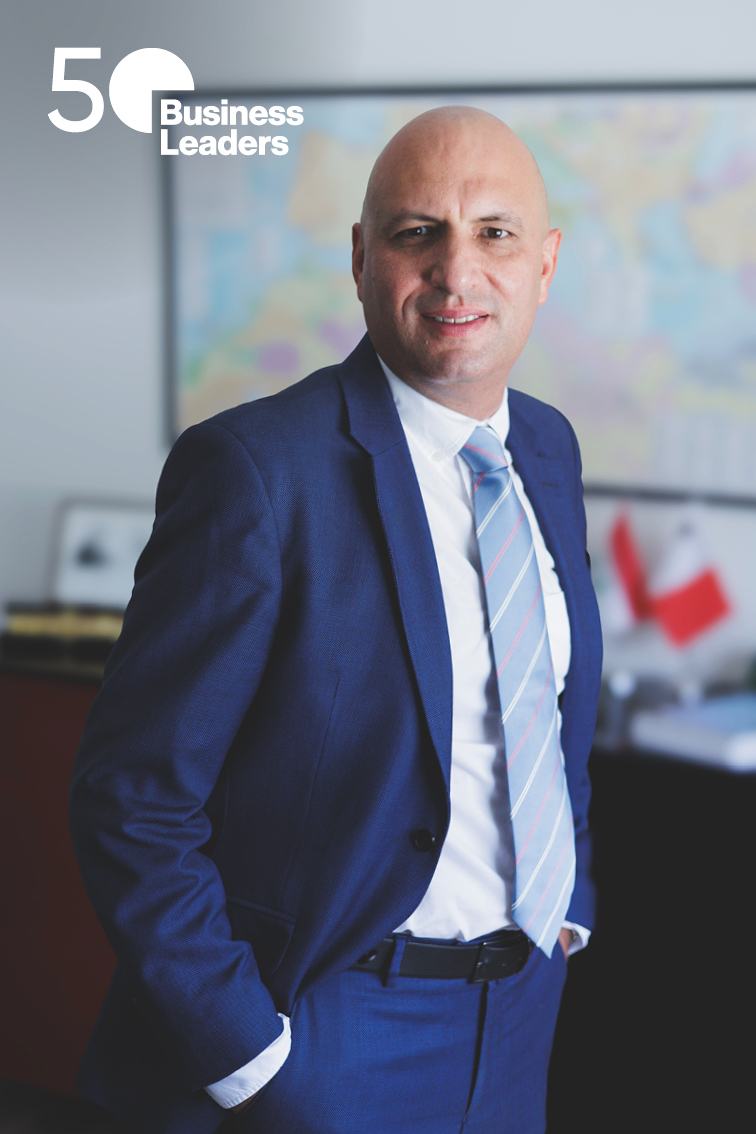
“The merger came during one of the toughest periods for the industry,” recalls Karl Bartolo, now Co-CEO of MedservRegis. “But both founding partners saw an opportunity to combine strengths and build resilience.”
For Medserv, the merger brought the benefits of a strong cash injection and access to new markets in Sub-Saharan Africa. Regis, in turn, gained an immediate presence in the Middle East and Mediterranean, regions that would have taken years to penetrate independently. As Olivier Bernard, Co-CEO, explains: “It allowed us to leapfrog our growth and become instantly larger and more diversified.”
This level of geographic diversification has helped accelerate MedservRegis’s growth. With operations spread across more than a dozen countries, the company has built a structure that can better withstand local disruptions, such as pandemics and political upheavals, without derailing the whole business.
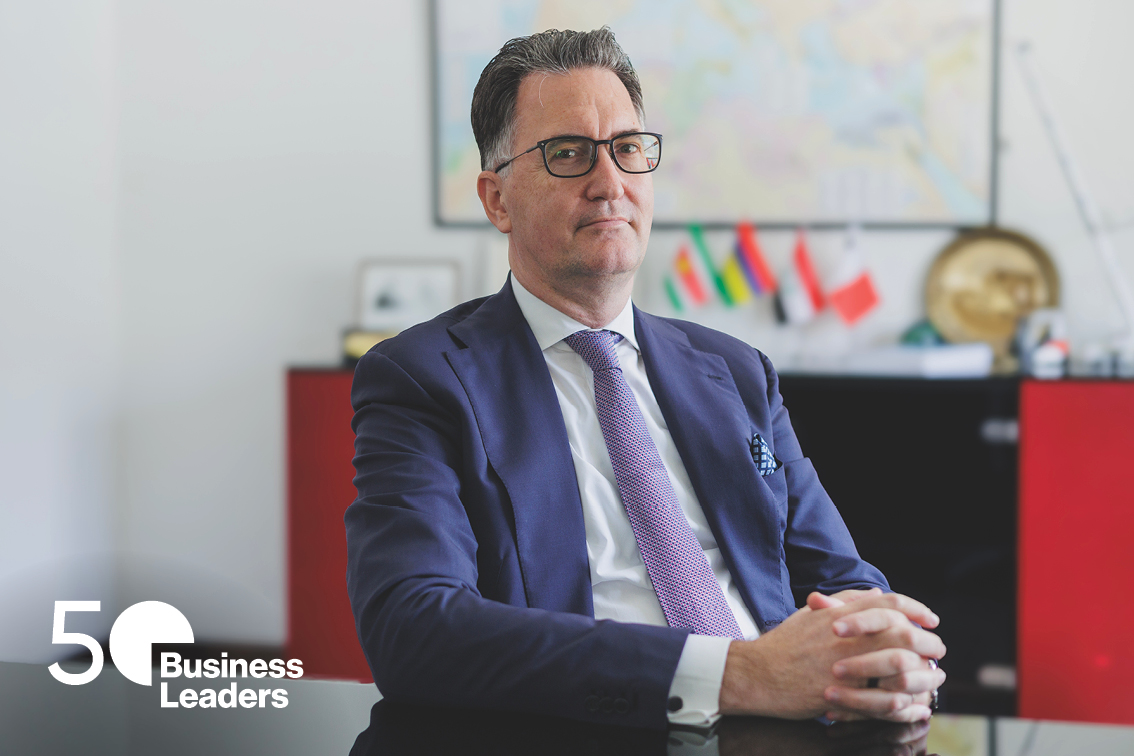
“The more countries you operate in, the more resilient you become to isolated problems,” explains Mr Bartolo. “If you suddenly face a war in one region, you’re not solely reliant on that territory. Your other markets can absorb the shock. This model has given us the stability we need to weather the industry’s ups and downs.”
But that resilience also comes at a cost. Each new jurisdiction adds its own set of political, logistical, and cultural challenges, and the work itself is relentless. “This is a 24/7 operation,” Mr Bartolo notes. “We don’t stop. The only time we ever close is for a short lunch on Christmas Day and again on New Year’s Day. We can’t just leave people on a rig or in remote sites without support. The work has to keep going.”
That intensity is amplified by the precision required. As Mr Bernard explains, MedservRegis’s work is often misunderstood because it operates from within the Freeport. “People think we’re simply moving cargo,” he says. “But it’s far more delicate than moving boxes. We handle highly sensitive equipment, pipes and materials that will end up in wells or on the seabed. If any piece is damaged during transit, it can cause a leak or even an explosion.”
As the stakes are enormous, a single error or delay can halt offshore drilling operations, costing clients hundreds of thousands a day. “If the wrong equipment is loaded or something arrives late, the repercussions ripple all the way offshore,” Mr Bernard adds.
That’s why the company’s culture is built around what Mr Bartolo calls an “owner-managed mentality,” where skilled, hands-on people are empowered to make fast, informed decisions that keep the company’s global operations safe, continuous, and on schedule.
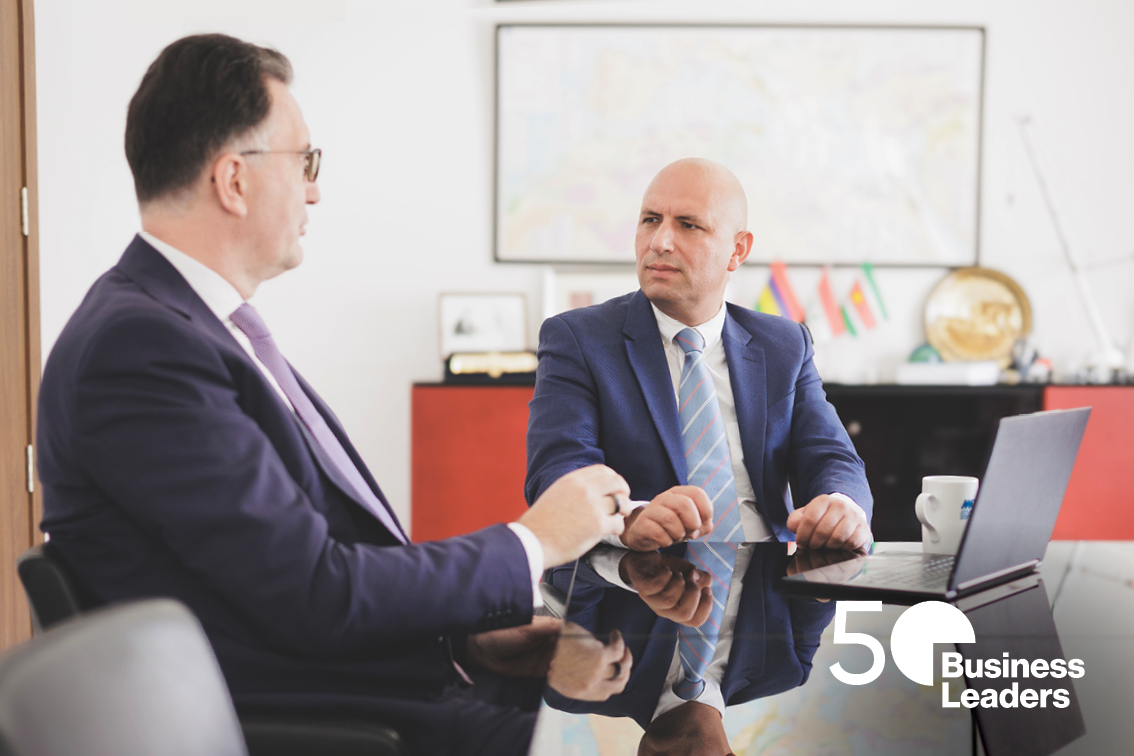
In September 2025, MedservRegis adopted a Co-CEO model, with Mr Bernard and Mr Bartolo, who were both instrumental in steering the post-merger integration, taking on shared leadership as Dave O’Connor moved into the role of Executive Chairman. The move, Mr Bernard explains, was both practical and strategic. “The Chairman wanted to step back from day-to-day operations but remain involved, and as a shareholder, he’s very focused on cost control,” he says. “Promoting Karl and myself from deputy CEOs to Co-CEOs made perfect sense as it strengthened leadership while keeping costs under control.”
Mr Bartolo also notes that: “Olivier and I already had a strong working relationship since 2021 and a deep understanding of the business. Following rigorous vetting from the board, they also saw the advantage of appointing us over bringing in an outsider, which would have meant months of learning before delivering value.”
Each of the Co-CEOs is keen to point out that their responsibilities are truly shared. As Mr Bernard puts it: “We’re one CEO, more than we are two. In this model, there’s no mine or yours. Whether a decision goes wrong or a region performs exceptionally well, we share both the responsibility and the reward” In fact both are evaluated on the same group-level performance indicators, and decisions are made jointly.
Now, with a €30 million bond maturing in February 2026, MedservRegis is also approaching refinancing with a clear objective to continue reducing debt while strengthening its financial footing. “Debt reduction has been one of our consistent goals,” says Mr Bernard. “When our previous €20 million bond matured in 2022, we brought it down to €13 million. This time, we’re reducing from €30 to €25 million as part of the same disciplined strategy.”
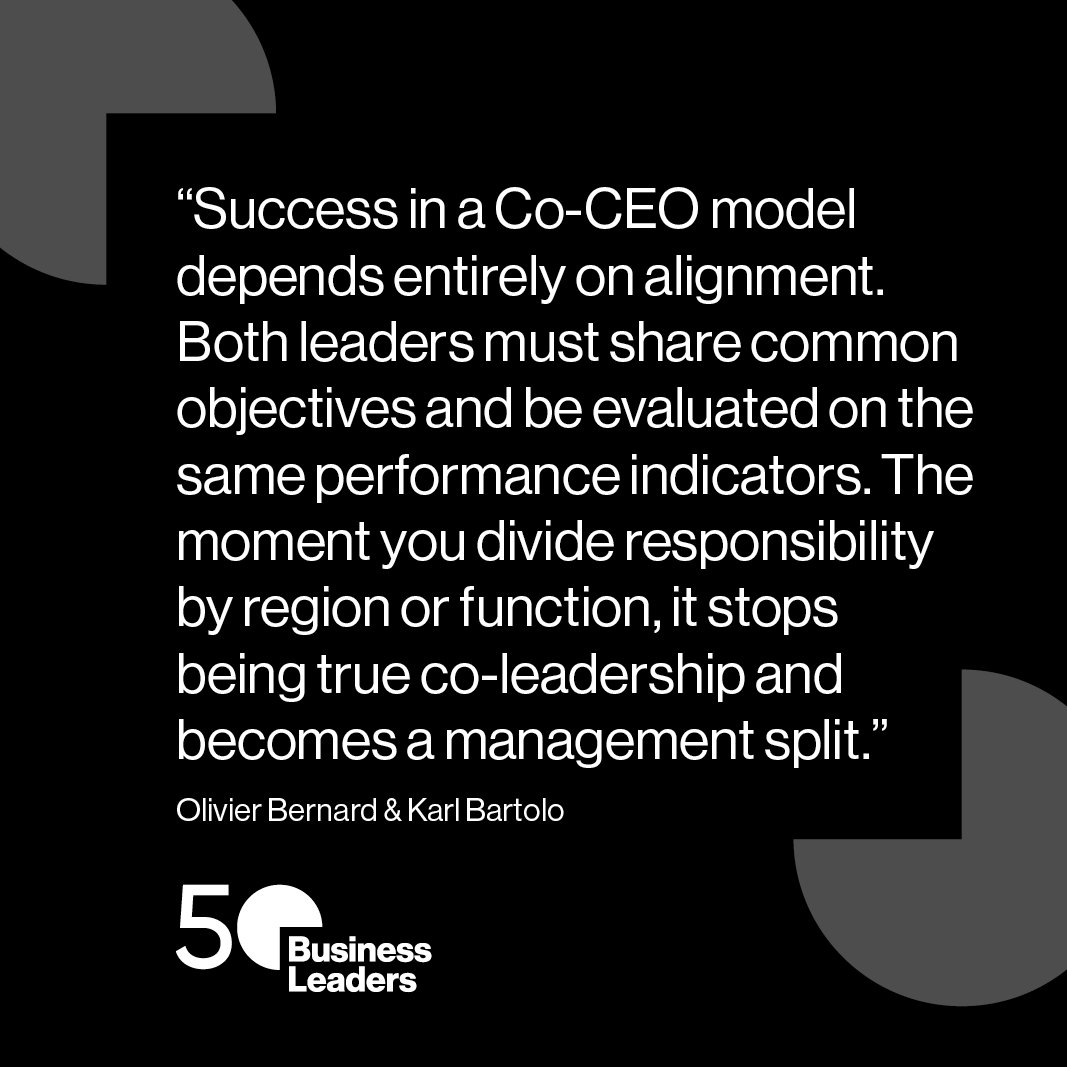
Rather than issue a new bond, the company intends to prioritise existing bondholders through an exchange offer. “We want to continue working with our current investors,” Mr Bernard explains. “We’re confident this refinancing can be achieved largely with them, minimising the need to tap new markets.” While higher interest rates mean the new coupon will likely exceed that of the existing bond, he views it as a “win-win”, rewarding loyal investors with better returns while reflecting the group’s stronger financial position. Mr Bartolo adds that market conditions also favour their outlook. “We’re well-positioned in the Middle East and North Africa, with major long-term gas projects ahead. We are anticipating a strong five-year run.”
The Co-CEOs are also pragmatic yet optimistic about the industry’s future as it transitions toward cleaner energy. They acknowledge that while the world is moving toward decarbonisation, the timeline will be more gradual than previously believed. “If you look at the data, global demand for energy is still rising,” Mr Bartolo explains. “Population growth and a reliance on digital goods for entertainment, life and work, mean oil and gas will remain essential for years to come.”
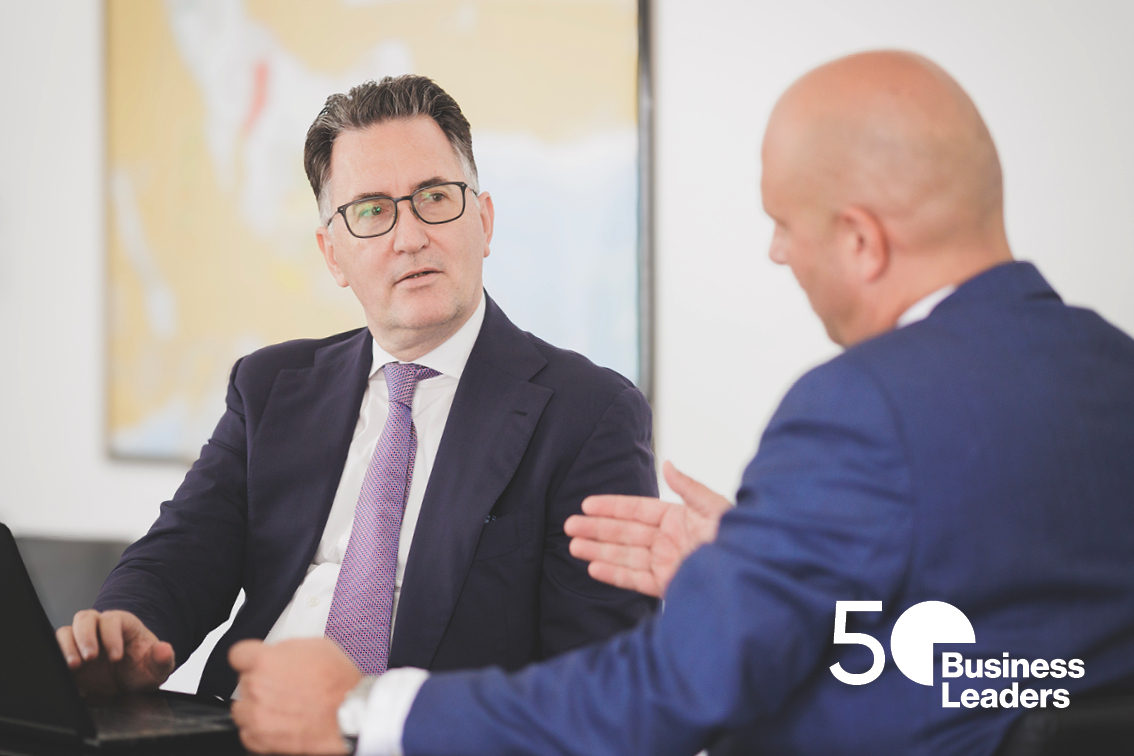
At the same time, Mr Bernard notes that extraction and logistics themselves have become far more eco-efficient. “Twenty years ago, any gas found alongside oil was simply burned off,” he explains. “Today, that gas is captured and reused as part of the energy system itself. Operators are building carbon-neutral offshore facilities and working to make every stage of the supply chain more energy-efficient.”
MedservRegis, too, is doing its part from electrifying its vehicle fleet to plans for electric forklifts and trucks, as it positions itself to support clients in renewables, hydrogen, and other emerging green technologies.
The past four years have been nothing short of transformative for MedservRegis, and both Co-CEOs see the coming decade as a continuation of that trajectory. “When I started, we were just 60 people operating from two locations,” recalls Mr Bartolo. “Today, we’re in over a dozen countries with a strong portfolio of international contracts. It’s remarkable to see a company from a small island like Malta earn such recognition across the global energy industry.”
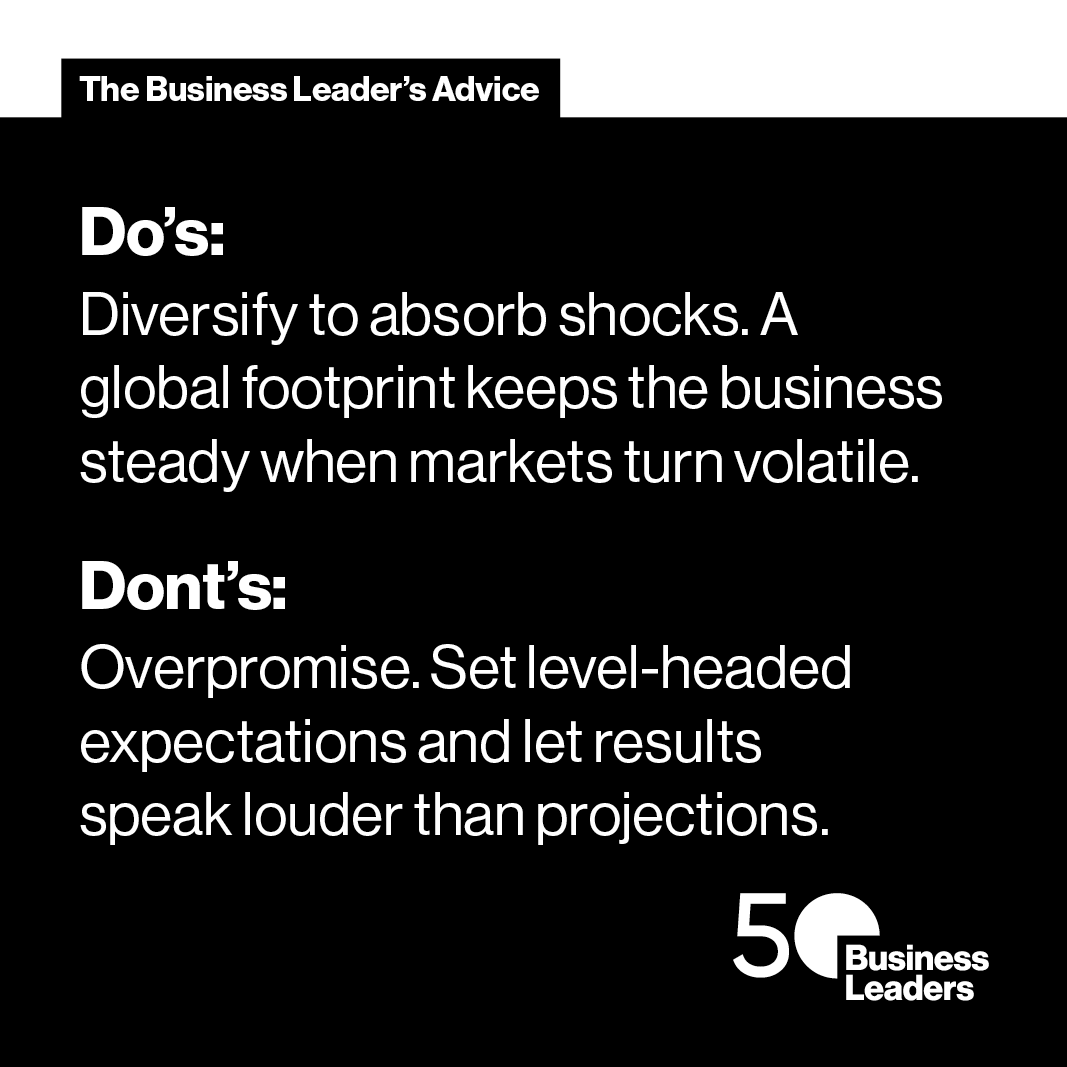
Looking ahead, their focus is on consolidating this position as the partner of choice for oil and gas logistics, while diversifying through complementary commodities and services. “Our vision is to be the leader in transforming logistics solutions for our clients, creating a sustainable future for people and the planet,” says Mr Bernard. The company plans to continue reducing debt, broadening its diversification strategy, and rewarding stakeholders through consistent dividend distribution. “It’s all about balance by growing sustainably while delivering value to both our investors and our people,” Mr Bartolo concludes.
Why corporate-funded travel is a different ball game for Malta – Alan Arrigo
When Malta hosted the general assembly of Lufthansa City Center, the impact went beyond immediate delegate spending.
World Radio Day: 10 business-forward podcasts to have in your rotation
A mix of Maltese and international podcasts we think are worth your time.
Gertrude Micallef promoted to Senior Consultant at Shoulder Compliance
Prior to entering the compliance field, she built a career in technology and professional services.
69% of employees say their skills are not fully used
Untapped talent is not merely a morale issue, but a strategic risk.


